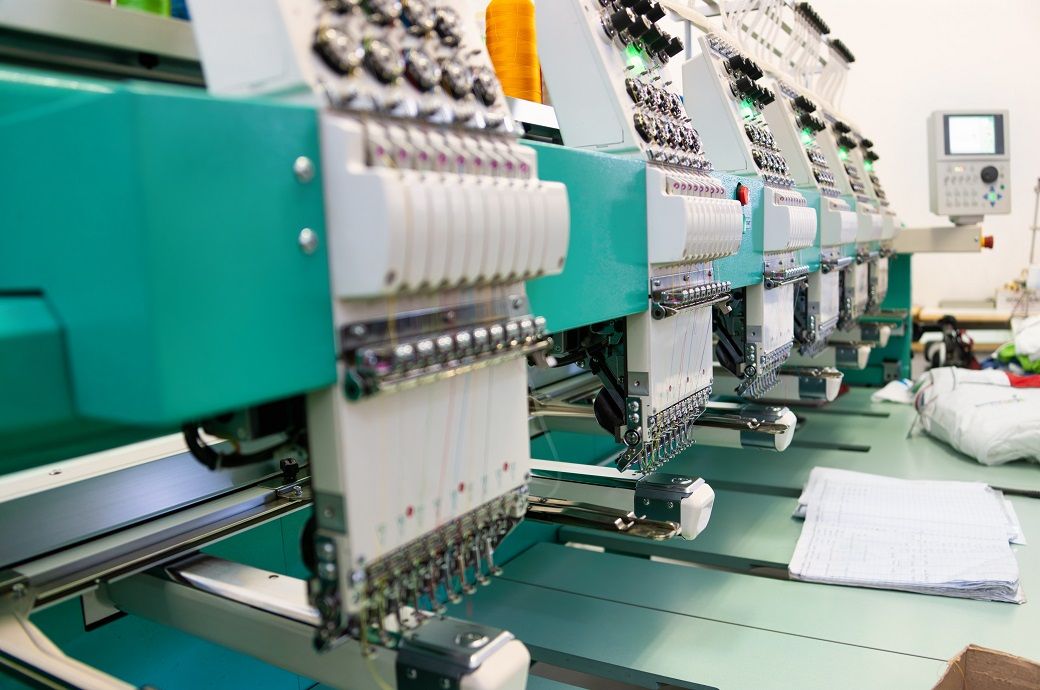
The seasonally adjusted PMI rose to 52, up from 50.2 in March and April. Firms rushed to place orders and build inventories ahead of expected tariff-related cost hikes. Domestic demand drove a sharp rise in new orders. International sales, on the other hand, remained weak, with only a slight rebound after a sharp drop in April.
The accumulation of input inventories surged to a record level in the survey’s 18-year history, underscoring industry efforts to build buffers against looming trade-related uncertainties. Stocks of finished goods also increased for the first time since November 2024.
“The rise in the PMI during May masks worrying developments under the hood of the US manufacturing economy. While growth of new orders picked up and suppliers were reportedly busier as companies built up their inventory levels at an unprecedented rate, the common theme was a temporary surge in demand as manufacturers and their customers worry about supply issues and rising prices," Chris Williamson, chief business economist at S&P Global Market Intelligence, said in a release.
Despite stronger demand, production volumes were marginally reduced for the third consecutive month, as existing capacity proved sufficient to handle the inflow of new and pending orders. This was reflected in another decline in backlogs of work.
Although price inflation eased slightly to a three-month low, it remained elevated, driven by suppliers passing on tariff-related costs. Factory gate prices also rose at their fastest pace since November 2022 as firms adjusted output charges to protect margins.
Supply chain strain persisted, with delivery times lengthening to the greatest extent since October 2022. Vendors faced growing stock shortages, compounding delays and contributing to production headwinds.
Employment levels saw a modest uptick – the first net gain in three months – as firms cautiously expanded labour capacity. However, hiring progress was hindered by difficulties in finding suitably skilled workers to fill open roles.
Looking ahead, manufacturers expressed improved sentiment, with business confidence in May reaching a three-month high and slightly exceeding the survey’s long-run average.
“Encouragingly, manufacturers regained some optimism in May after sentiment had been hit hard by tariff announcements in April, partly reflecting the pauses on new levies. However, uncertainty clearly remains elevated amid the fluid tariff environment, and factories have so far shown a reluctance to expand headcounts in the face of such volatility," Williamson said.
ALCHEMPro News Desk (HU)
Receive daily prices and market insights straight to your inbox. Subscribe to AlchemPro Weekly!